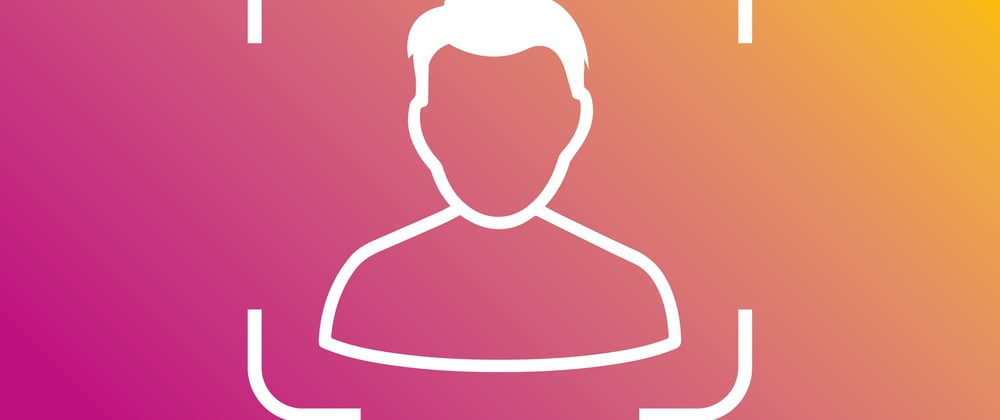It may all seem a bit Black Mirror, but facial recognition has come on leaps and bounds from being a piece of futuristic software used in sci-fi films. It is very much present in our day-to-day lives, from unlocking our phones to crossing through passport borders at the airport.
At Clever Software Group, we have a fascination with all aspects of bespoke software development, including the integration of facial recognition in otherwise overlooked daily activities. It is playing a very prevalent role in the software development industry at the moment, so here are just a few ways we will face facial recognition in the future (pun intended).
1. Educational Facility Registers
We all have nostalgic memories of swapping names with friends at school, when the substitute teacher took the register. But now it seems the old school name-taking register is going to be a thing of the past. Software development initiatives are already being used at schools and colleges in Australia and China, trailing various methods of facial recognition as a means of an attendance register. This technology has been implemented to track students attendance and whereabouts, by using tablets to scan individuals faces and match them against a photo as validation. This software is also being used to deter students from truanting or signing in peers when they aren’t in attendance. Gone are the days of popping home at lunchtime because you have free periods in the afternoon.
2. Contactless Payments
You have probably read the subtitle and thought to yourself ‘but this already exists’. It does, yes, but instead of using our phones, smart watches or bank cards to make contactless payments, facial recognition is being used instead. It’s very probable that bank cards will no longer be used one day; we are already moving into a cashless society and facial recognition could again alter our spending habits. The fast paced development and innovation of software means more and more interactions are becoming contactless and would allow transactions, payments and cash withdrawals to become altogether contactless. Facial recognition software is already being utilized in America that allows consumers to add tips to payments and bills, by using specific gestures and actions. It would also be more likely to prevent fraud from being committed and be a better way of protecting private banking details. You would no longer need to take a physical payment method on a night out with you, meaning you wouldn’t need to worry about losing you phone or bank card after one too many sherbets.
3. Event Access
Facial recognition has already been implemented at various events as a secondary security and identification measure. It was used at the 2019 Brit Awards, placed at various entrances at the O2, London, to screen guests on arrival at the venue. This pioneering piece of software development was interlinked with a network of mobile apps, enabling staff to make further face-to-face verification checks. Facial recognition has also been used to pinpoint season ticket holders and VIPs at multiple sporting events, allowing individuals to skip queues and receive special perks. The use of facial recognition at events and venues will also reduce the likelihood of ticket touting and resale of tickets at extortionate prices.
4. Smart Advertising
We’ve all been exposed to targeted advertising through social media, but some major UK supermarket chains are looking to implement facial recognition-powered smart advertising screens instore. This software has been developed in a bid to increase personalization of advertising in store, by determining the demographic of the smart ad viewer. Facial recognition will be used to make knowledgeable guesses from the information before it and display suggested adverts. Smart advertising combined with facial recognition is likely to become an omni-present feature in our lives.
5. Condition Diagnosis
The health industry has had a major digital transformation over the past year, so it makes sense that facial recognition will become integrated within it as well. A majority of GP appointments and hospital consultations now take place via phone or video call, but facial recognition is now being used to identify symptoms of illnesses and diseases. Any visible changes in appearance are detected via facial recognition software and a diagnosis is provided. The advancement in bespoke software development will enable innovative facial recognition algorithms to become more sophisticated and, in the not too distant future, become an irreplaceable diagnostic tool for various conditions.
If you're looking for an experienced team to design and develop your next piece of software, get in touch!
Phone: 01425 837290
Email: hello@cleversoftwaregroup.com
Website: Clever Software Group
To view the original blog, please click here .







Top comments (0)